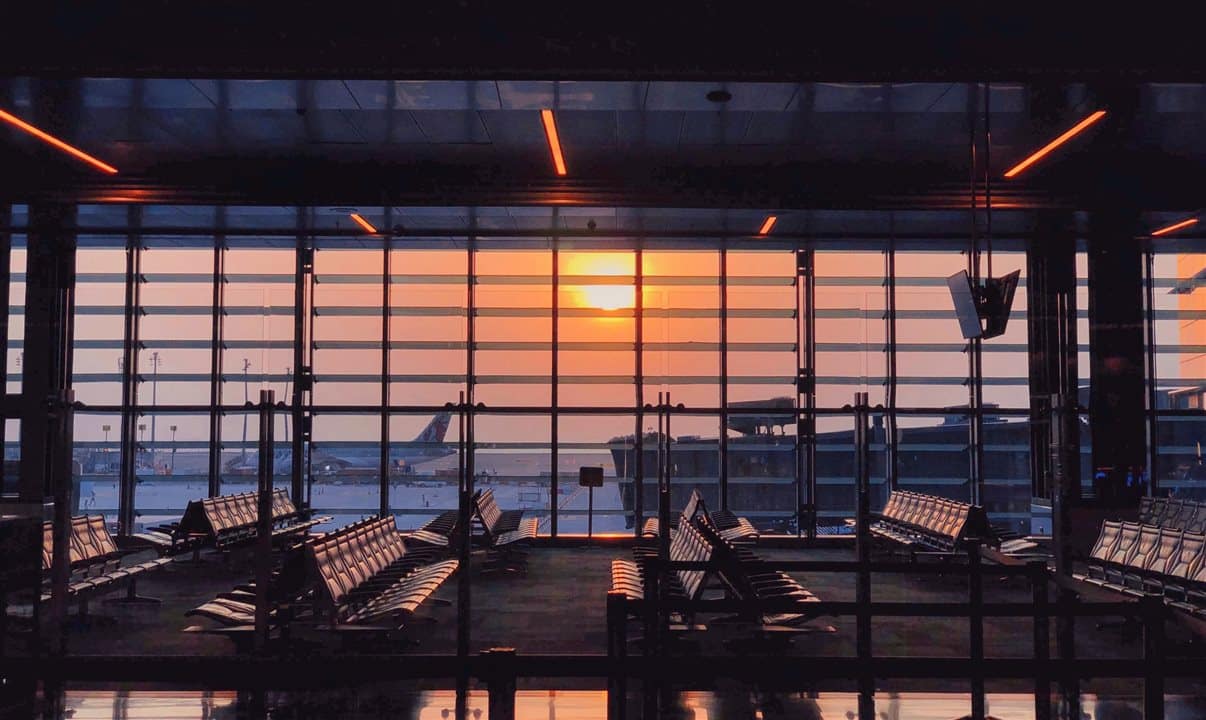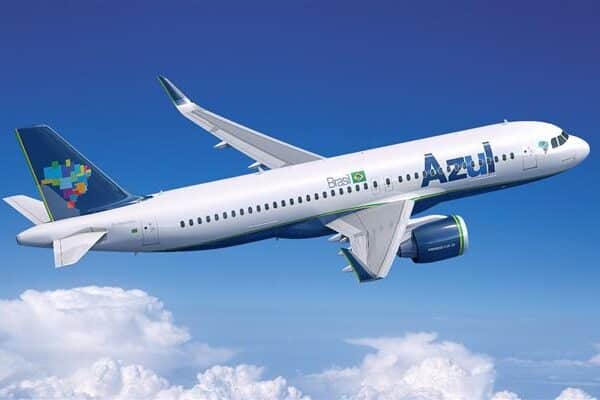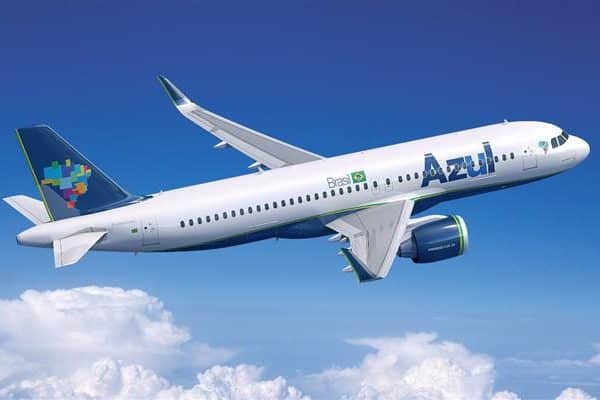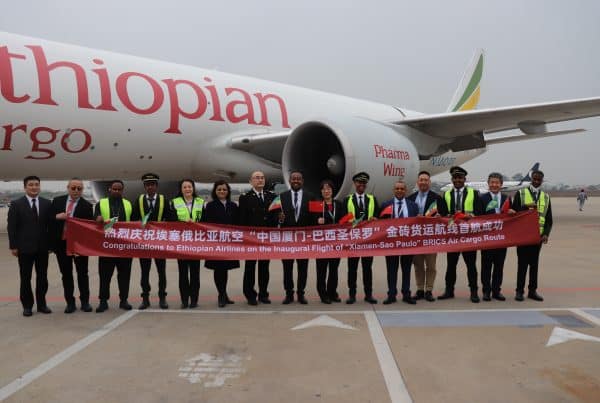
Even though still gradually, some of the main airports in the country already reflect a recovery in the sector six months after the beginning of the COVID-19 pandemic in Brazil. In Rio de Janeiro, Galeão airport recorded a 21% recovery of all domestic seats in August, compared to last year. Regarding international flights, this number was slightly lower: 6%, due to the still closed state of borders with Brazil in most countries.
“Regarding destinations, also in August, there was a return of 20 of the 30 that were operated before the pandemic and, in the case of international, that number was 4, which is justified by the fact that some countries still have their borders closed”, Stated RioGaleão’s Air Business Director, Patrick Fehring.
Another example is the airport in Salvador, which presented an increase of 32% in the average of flights this month concerning August. According to the manager of Marketing and Air Promotion at Salvador Bahia Airport, Marcus Campos, this month, the terminal has already registered the return of 19 domestic flights and one international.
“Before the pandemic, the airport received 80 to 100 daily flights, but in April, for example, we had only three operations a day,” recalled the executive. Campos also pointed out that, last Wednesday (9), the terminal received 10,000 passengers, with the average – in regular times – being 21,000 people.
Florianópolis also confirms the recovery. September registered a recovery of 35% in the volume of passengers compared to the same period last year, while in Vitória, this percentage was 41%. “In Macaé (RJ), we recorded a 42% increase in passenger flow compared to last year,” said Ricardo Gesse, CEO of Florianópolis, Vitória, and Macaé airports. According to him, in Vitória and Macaé, the corporate flow is more robust than leisure.
Still, according to the executive, Florianópolis airport registered 19 thousand passengers in April this year, considered a low number for the terminal. “But we are back on the record,” said Gesse. “From July to August, there was an increase of 24% and, from August to September, 44%”, he exemplified.
Managed by Inframerica, Brasília Airport began to register a gradual increase in the number of passengers from June. According to the director of Airline Business at the airport, Roberto Luiz, this rate is around 50% month to month. “In October, we have a perspective of growth and the return of more flights to the federal capital,” he said.
In the case of Natal (RN) airport, also managed by Inframerica, there was a drop of up to 95% in passengers between April and May this year. However, currently, the terminal in the capital of Rio Grande do Norte already registers a 35% increase in passengers and flights.
FUNDING
In a moment of recovery, capturing new operations is a more than fundamental strategy. Marcus Campos agrees and guarantees that he has talked to the airlines about the matter. “In fact, we need to go further and discuss a strategy that goes beyond Embratur, and that thinks about promotions for long-distance destinations,” he said. “We need to discuss competitiveness,” he said.
Ricardo Gesse agrees on the relevance of the dialogue with the airlines. “We are talking a lot with the Chilean, Argentine, and Paraguayan markets to strengthen ties with these countries and, thus, exercise the role of the resumption, which will be short distances,” he said.
In Rio de Janeiro, this idea involves a lot of capturing the trade specifically. “The airport has an obligation to make this bridge between airlines and the tourist trade,” said Fehring. In this period of recovery, for example, the executive said that Argentina is one of the most palpable markets today.
In addition to the dialogue, the strategy of the Brasília airport, in particular, is to improve the operational part, a characteristic that is fundamental to attract new companies. “We have always had the philosophy of working closely with airlines and showing good operational standards are important factors to increase capillarity,” said Roberto Luiz. He highlighted Gol’s investment in the airport, including flights to destinations not operated before the pandemic, especially the so-called secondary cities in the interior of the country. Marcus Campos, from Salvador, also pointed out Gol as one of the biggest supporters of the airport, which was the second in addition to the company’s flights this month, second only to Guarulhos.




